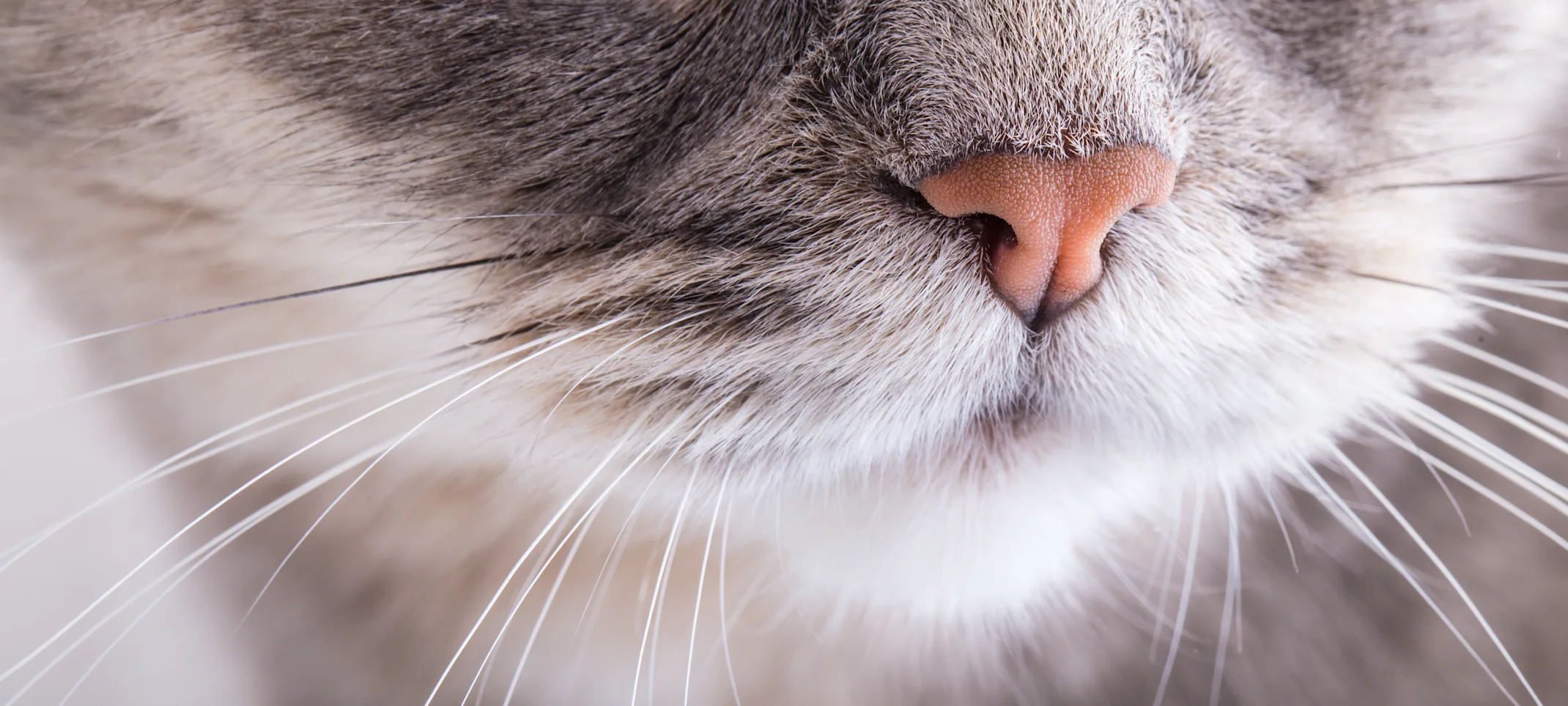Cat Thyroid Center
Treatment
The diagnosis of hyperthyroidism is a clinical diagnosis verified by laboratory tests. Because many factors affect thyroid laboratory test results, one normal value does not exclude the diagnosis in a symptomatic patient. Likewise, one abnormal result must be confirmed by a veterinary exam and additional testing. A medical history, physical examination by a veterinarian, and diagnostic tests are required to confirm the diagnosis of feline hyperthyroidism.

Options
Medication to suppress the thyroid gland
Surgical removal of the tumor
Feeding an iodine restricted prescription diet
Radioactive iodine (I-131) injection
Medical treatment is a lifelong commitment to medicating your cat twice a day for the rest of their life. Methimazole (Felimazole the feline approved product or Tapazole the human approved product) controls the disease; it is not a cure. Regular blood tests are required to adjust the dosage and to check for dangerous side effects. The tumor often continues to grow and the dosage must be increased. This drug has side effects including vomiting, nausea, anemia and skin excoriations.
Surgery is invasive and carries the risk of anesthesia and postoperative complications. Recurrence happens because some tiny cancerous growths may not yet be visible and therefore are not removed with the obvious tumor.
Feeding exclusively an iodine limiting diet can be difficult to accomplish. This diet is not a cure for hyperthyroidism. It essentially starves the thyroid of iodine in order to decrease the production of thyroid hormones.
I-131 is more than a treatment, it is a cure! Radioactivity avoids the stress and complications of surgery and the side effects and on-going expense of pills. One painless injection is all it takes and patients are typically able to go home after a 4 day stay. There are no side effects. Our statistics are good: 97% of the cats given radioactive iodine do not require further radioactive treatment. 3% may require re-treatment later because of interfering medications, a larger tumor mass, or a cancerous tumor instead of a benign one. About 5% may require thyroid supplementation once a day with thyroxine, a tiny tablet with basically no side effects.
